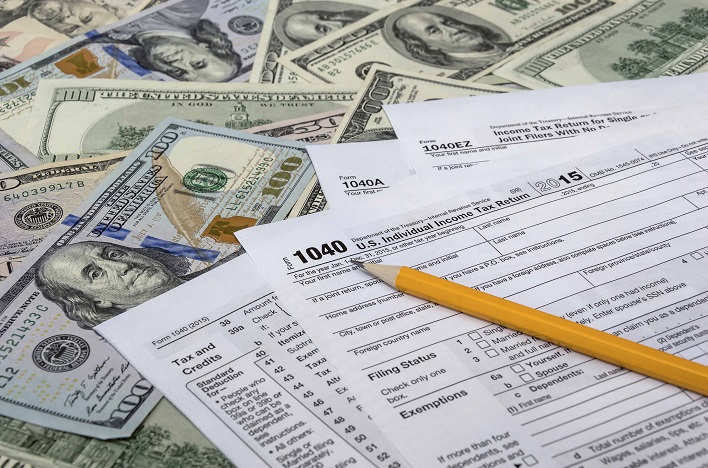Are you taking full advantage of allowable deductions?
As a small business owner, you may be missing out on allowable business deductions costing you hundreds, or even thousands, in your annual tax bill.
The IRS allows business owners to deduct ordinary and necessary expenses associated with your business. To be ordinary, the expense should be common within the industry. To be necessary, the expense should be appropriate for the industry.
Below are some commonly missed allowable business deductions and tips to ensure you are maintaining documentation necessary to support the deduction. Receipts and records can be vital to the allowance
of deductions.
Home Office
When you have designated office space in your residence and you use your residence as your principal place of business, you may deduct a portion of the expenses associated with your residence. These expenses include mortgage interest, real estate taxes, rent, utilities, cleaning services, insurance and repairs. The deduction is available to both homeowners and renters.
A simplified method was created by the IRS beginning in 2014. The calculation for this method is $5 per square foot of designated home office space with a maximum deduction of $1,500. Mortgage interest and real estate taxes are deducted in full on Schedule A, Itemized Deductions.
Health Insurance
Medical and dental premiums paid for yourself, your spouse and your dependents may be deducted up to 100 percent if paid out-of-pocket and if the business has a net profit for the year. If you, your spouse or your dependents are eligible to participate in a subsidized plan, the deduction will be limited.
If you are covered by a high-deductible health plan, you may also be eligible to contribute to a health savings plan and deduct the contributions made to the plan.
Retirement Plans
A variety of retirement plans exists for self-employed business owners. These plans include Individual 401(k) plans, Individual Retirement Accounts (IRA), Savings Incentive Match Plan for Employees (SIMPLE) IRAs, Simplified Employee Pensions (SEP) and Keogh accounts. Contributions made to these plans are deductible, and the income earned inside the plan is tax deferred.
Automobile Expense
Two methods, actual and mileage, exist for deducting expenses related to business use of your automobile. The actual method requires you to track actual auto expenses, including gas and oil, tires, repairs, maintenance, insurance and registration fees and taxes. Interest related to car loan payments or lease payments may also be considered. The mileage method uses the standard mileage rate as established by the IRS annually to compute the deduction based on business miles.
When claiming deductible auto expenses, you should be aware of the following items:
» Commuting miles are not deductible business miles.
» Once a method is selected, you may not change the method in a future year for the same vehicle.
» Log books should be retained in the vehicle to track the business use—including date, purpose and miles traveled.
Travel
When traveling away from home overnight for a client meeting, educational convention, industry seminar or on-site customer service, the expenses incurred while traveling are deductible. These expenses include hotel, airfare, car rental, parking, taxis, dry cleaning services, meals and tips. The deduction for meals and entertainment is limited to 50 percent of the cost.
Receipts should be retained for the expenses incurred, and documentation should be kept to show the purpose of the trip, travel dates and attendees.
Interest
Various types of interest can be deducted when the funds borrowed are used for business activities. Deductible interest types include interest incurred on a business credit card, interest paid on a business loan and interest paid on a home equity line of credit when the proceeds are used for business purposes.
A Little Planning Pays Off
Regardless of the size of your business, tracking expenses during the year can save you time at year-end when gathering information necessary for tax reporting. It can also assist you with making an important business decision during the year regarding cash flows and budgeting. A variety of software and applications are available to electronically store and organize the data in a useable format. The IRS also provides publications to clarify allowable expenses and recordkeeping necessary in the event
of an audit.
Knowing what expenses are deductible and what documentation is necessary to support the expense will help to ensure your business is on the path to success.

